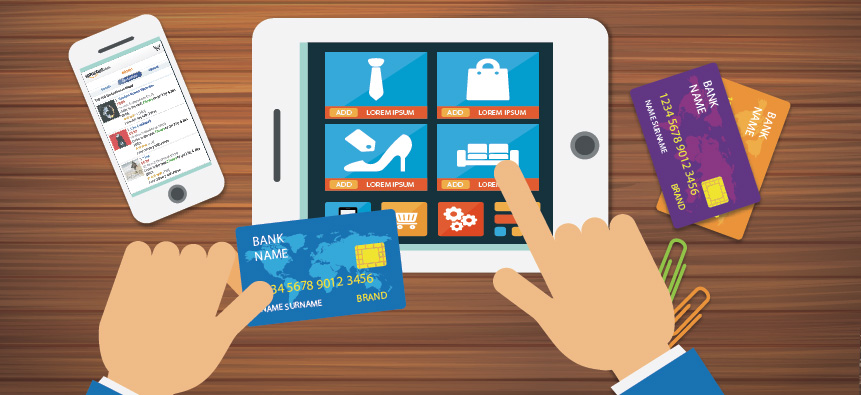
We are all aware of the convenience and benefits of online shopping. Online shopping allows us to shop whenever we want, avoid crowded stores, compare prices, and have our purchases delivered right to our door. It’s the ideal way to buy, right?
Online shopping, like most things in life, is not 100% risk-free. Online shopping can be risky, but by being aware of the risks and taking precautions, you can make it less risky. Here are some practical tips for buying online safely.
Shop online with trusted retailers
What you’d buy online shopping begins in real life. Stick to these trusted brands because you know their brand and inventory are genuine. Scammers are adept at creating fake websites, so make sure you’re on the retailer’s official page. Watch out for misspelled names or URLs.
If you’re shopping online with an unknown brand, shop around first, especially if the retailer is offering great deals. Several factors can be used to assess a retailer’s legitimacy. Check out their social media accounts or read customer reviews. Check the retailer’s contact information and the terms and conditions. Often, all you need to do is Google the retailer’s name plus “experiences.” If a store isn’t legitimate, you’ll see lots of warnings – or no results at all.
Only shop online from secure websites
When shopping online, only use secure sites, which can be identified by their URL. Secure websites begin with https:// instead of http://. Close the padlock icon in your browser’s address bar. To view the site’s security details, double-click the lock. You can check if the site has a valid certificate and who registered it. Don’t buy from a store that has a certificate warning!
How to pay safely when shopping online
Some payment methods are safer than others when making online purchases. For starters, a credit card is safer than a debit card. Credit card companies generally offer better liability protection. Alternative payment methods include PayPal, which allows you to pay without giving the merchant your actual credit card information.
If something unusual happens during payment, act immediately. For example, if you lose connection and an error message appears, notify the retailer and your bank before trying again. Every step should be documented, especially when purchasing expensive items. Print the product description, order confirmation, terms and conditions, and other relevant documents.
Basic online shopping security measures
The first line of defense is to use a secure device. Start by updating your browser. Cybercriminals frequently use unpatched software bugs to access personal data. Install antivirus software to protect against malware. Some, like Avira Free Security, have anti-scam and browser safety features.
Second, create strong passwords for each account. Never reuse passwords across accounts, and avoid using obvious passwords like your birthday or zip code. A password manager can generate strong passwords and remember them for you. For added security, two-factor authentication is advised.
Finally, if you are shopping on public Wi-Fi, you may want to wait until you are back on your secure home network. You don’t want to expose sensitive information like passwords or credit card numbers to hackers on unsecured networks. Start using a VPN if you frequently shop online. Using this method protects your online activities from prying eyes.